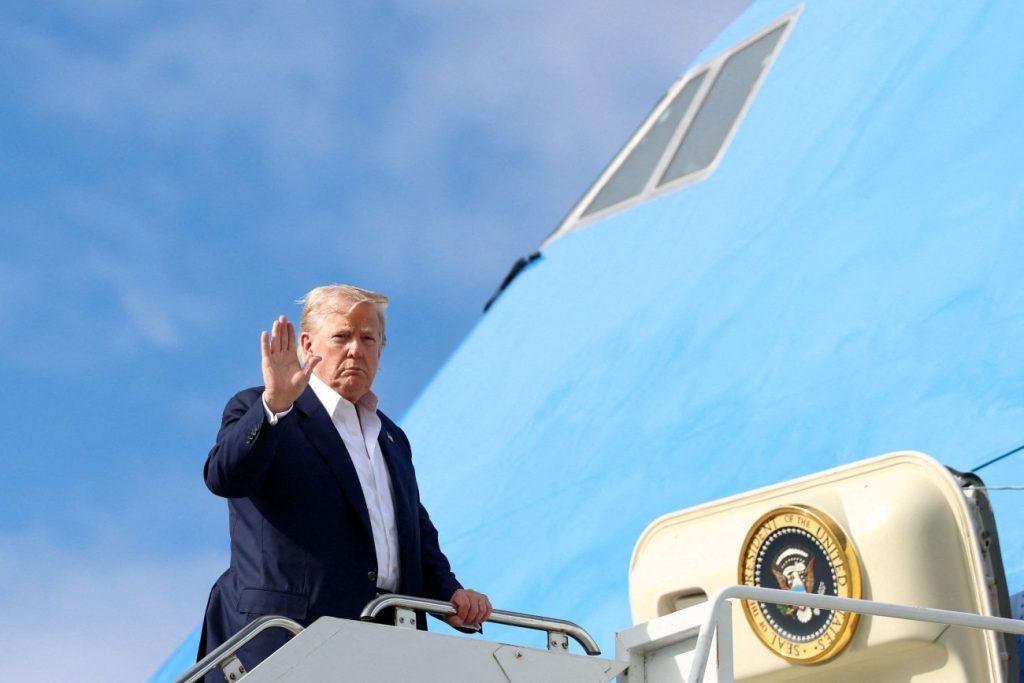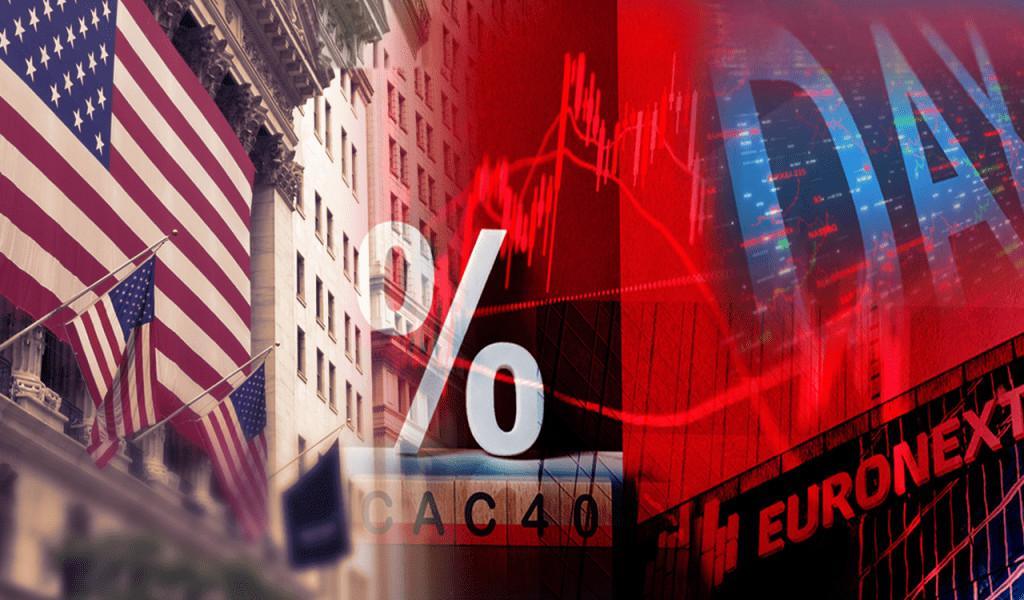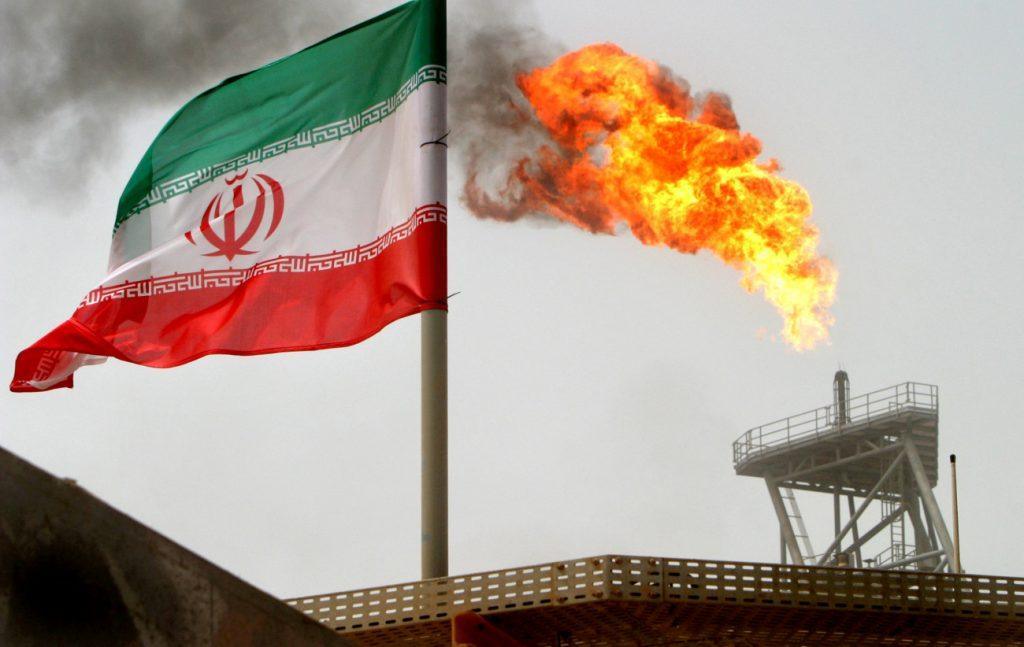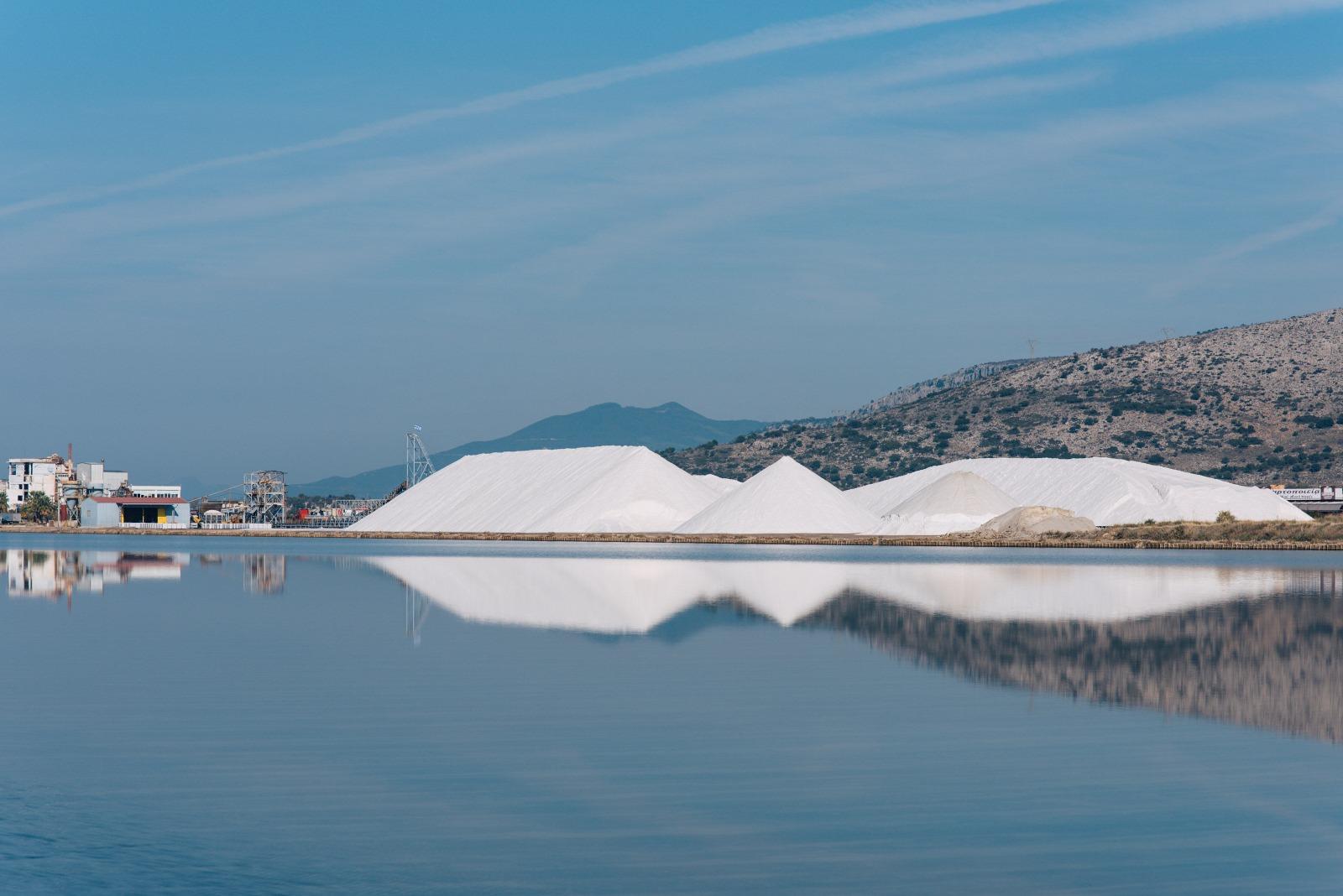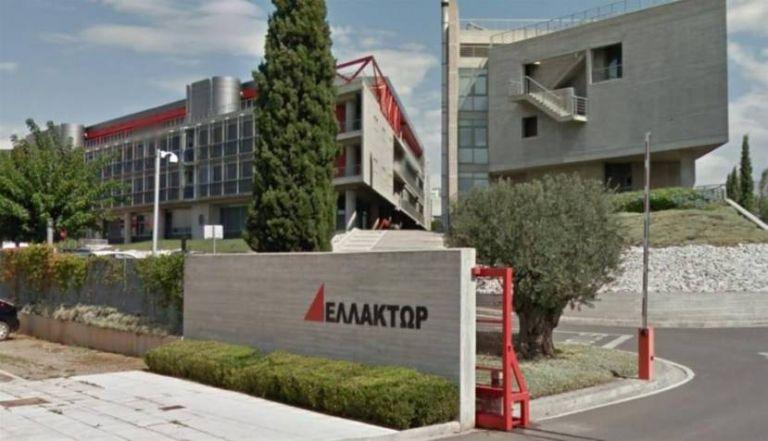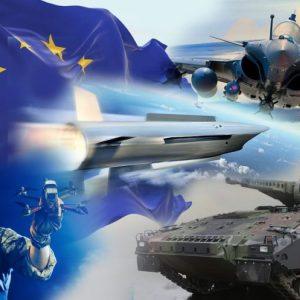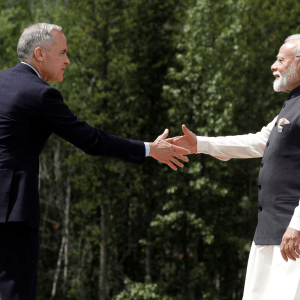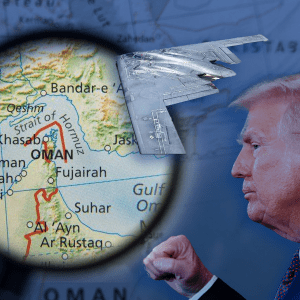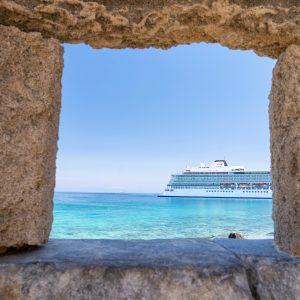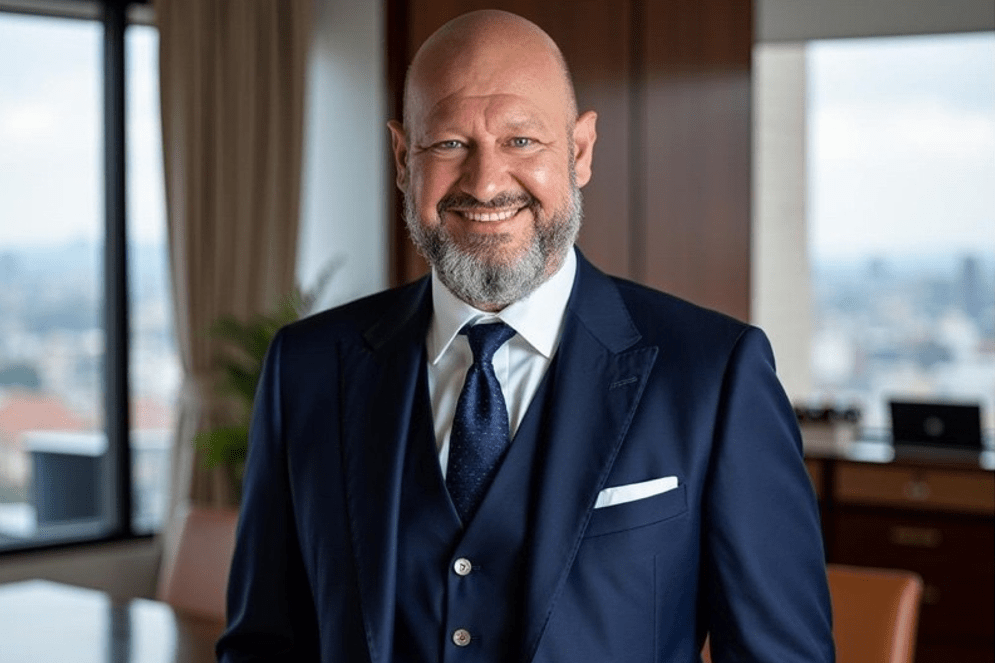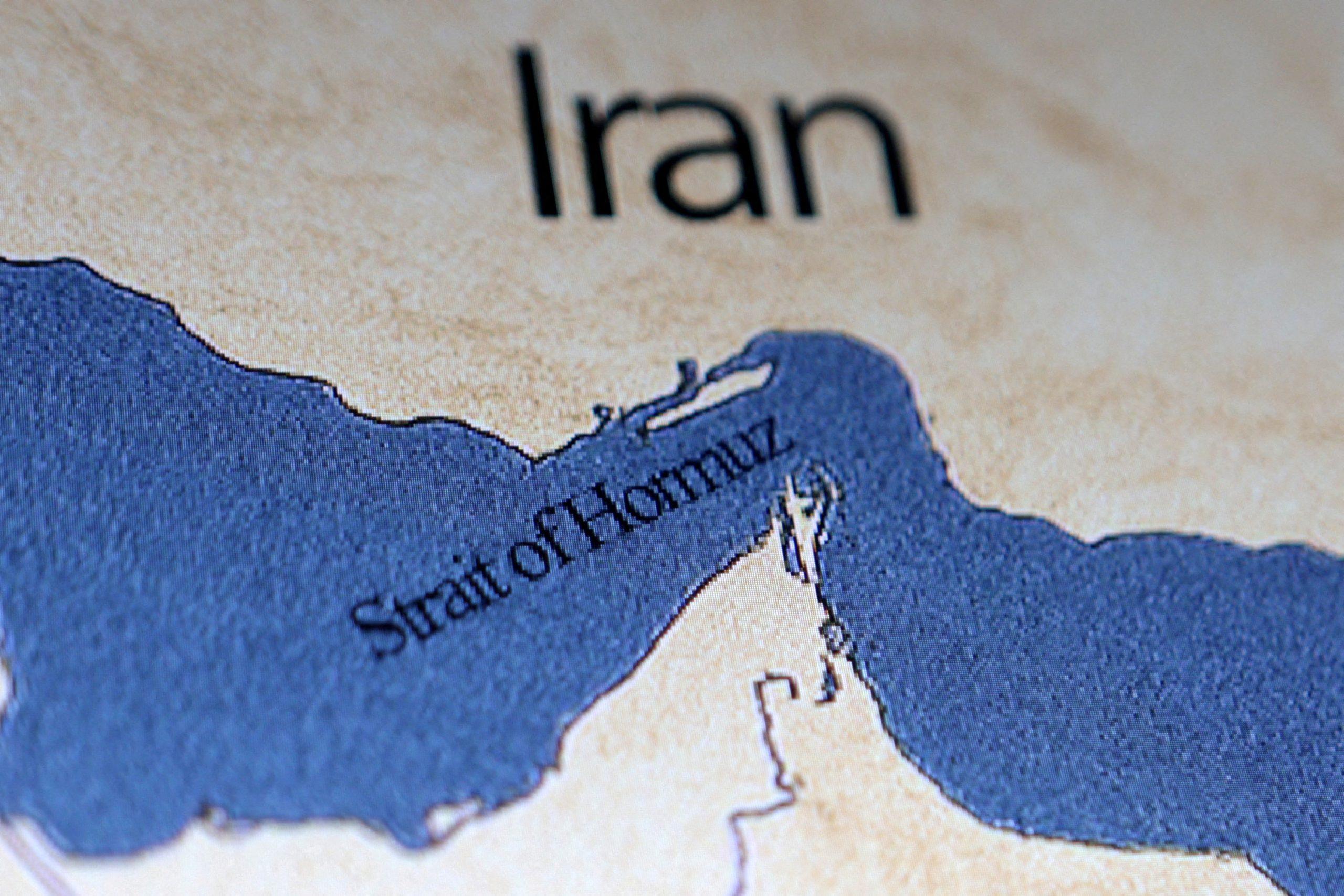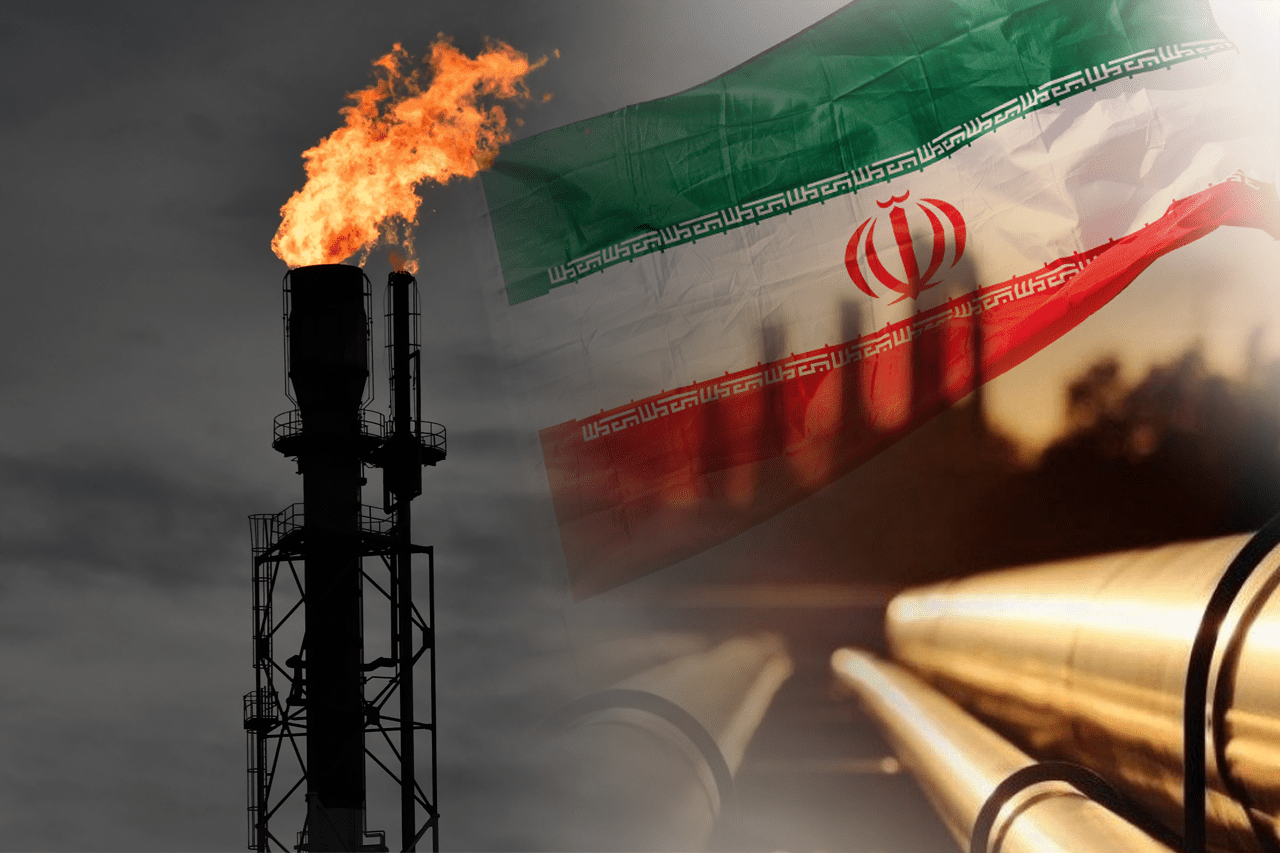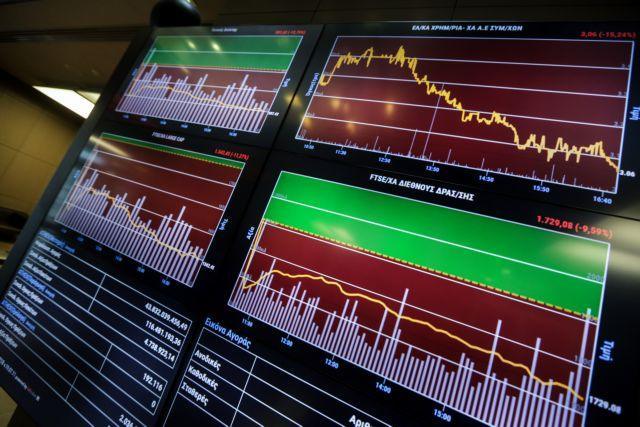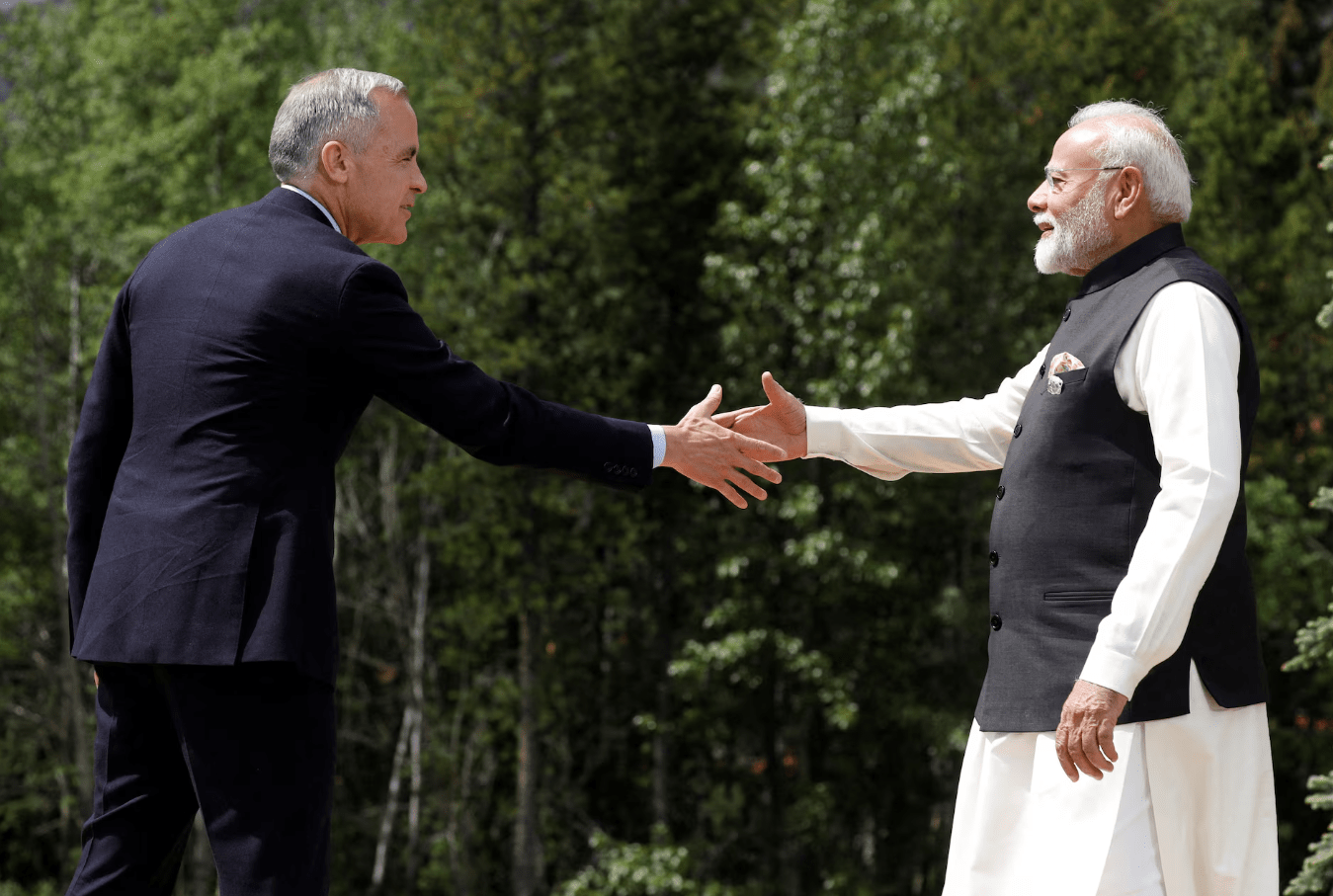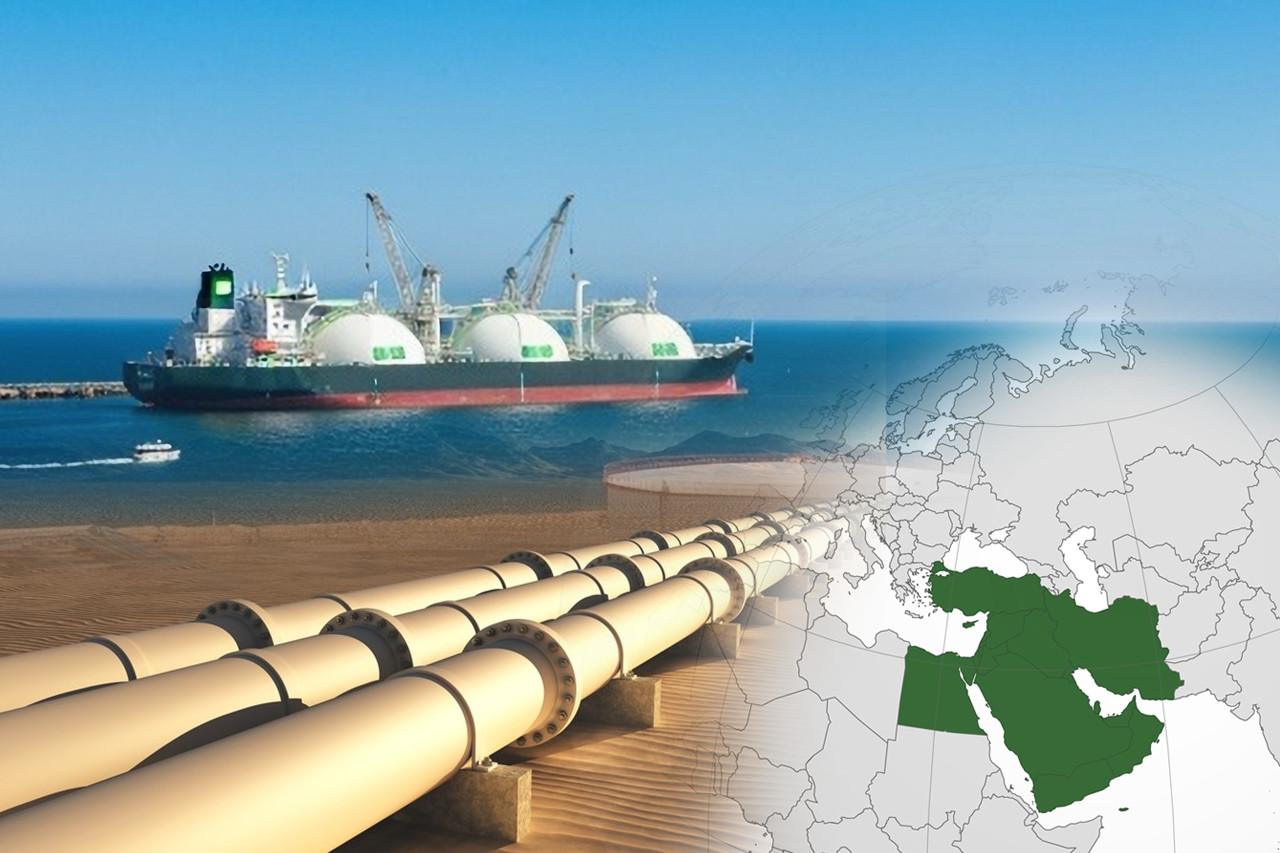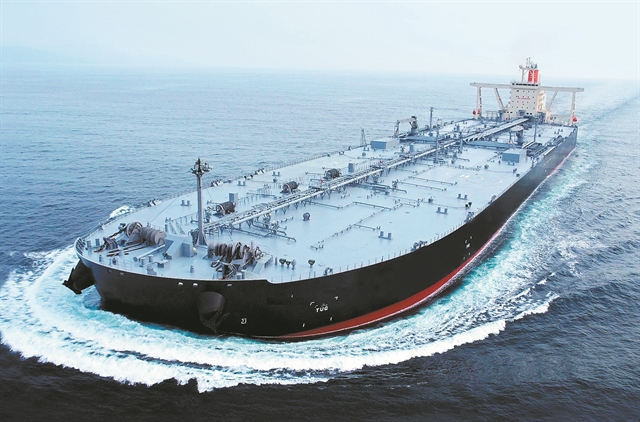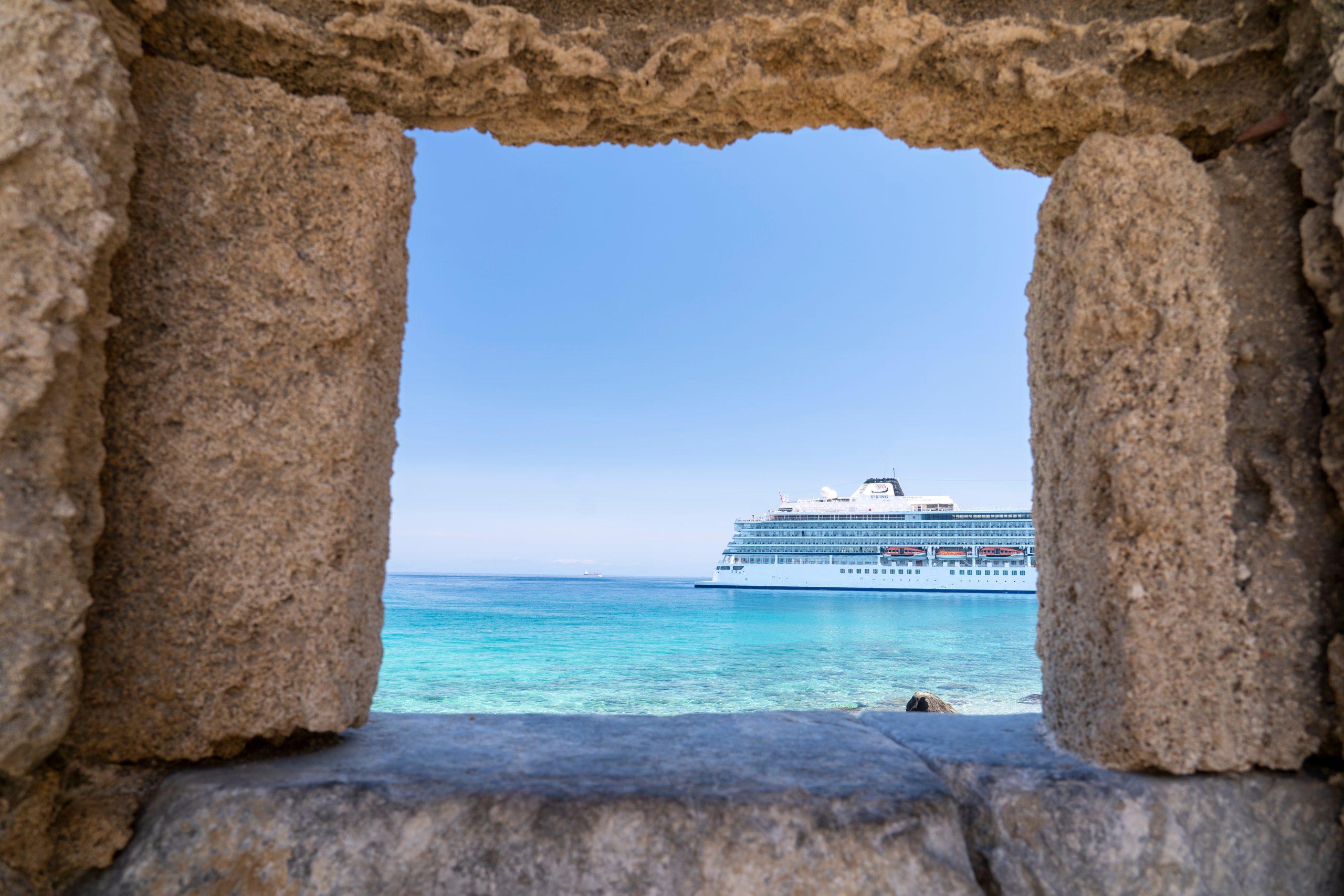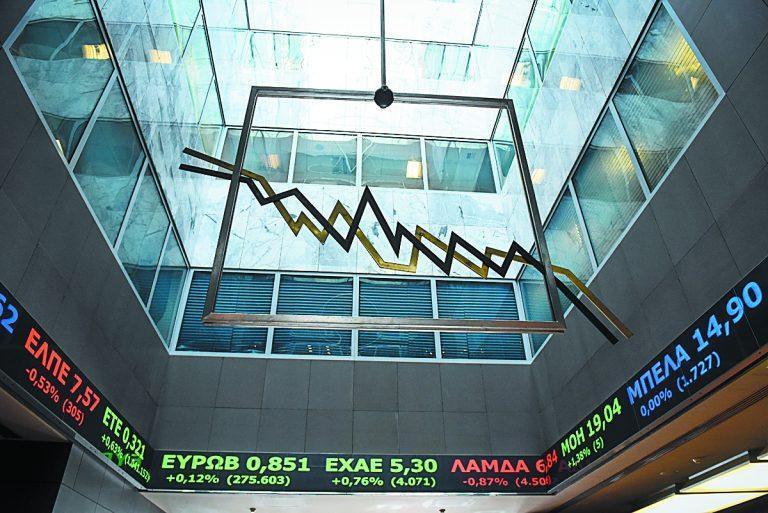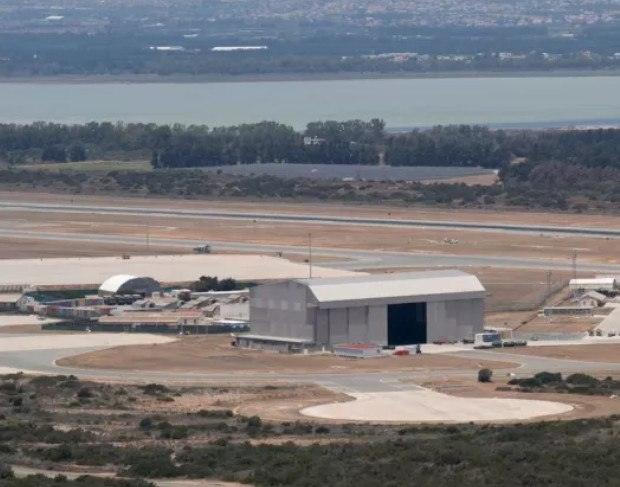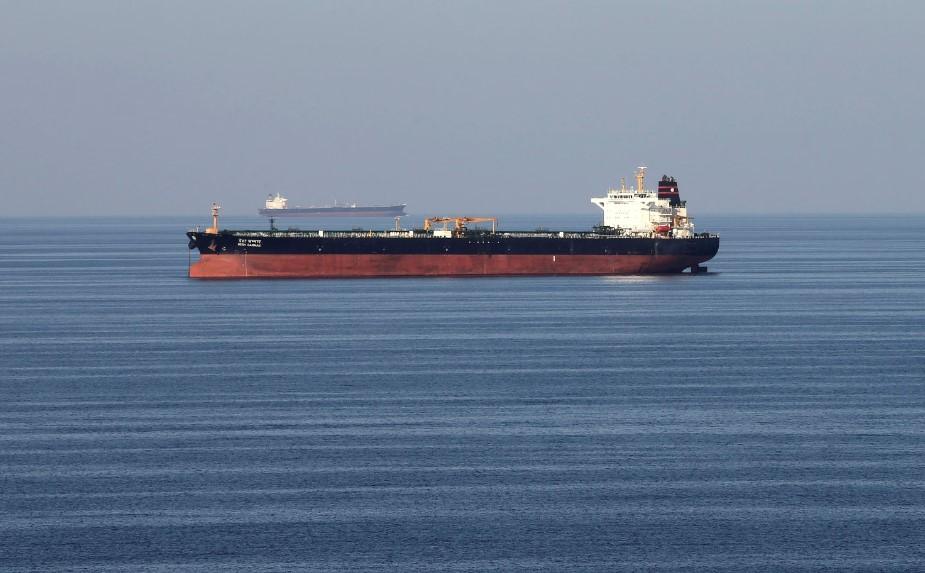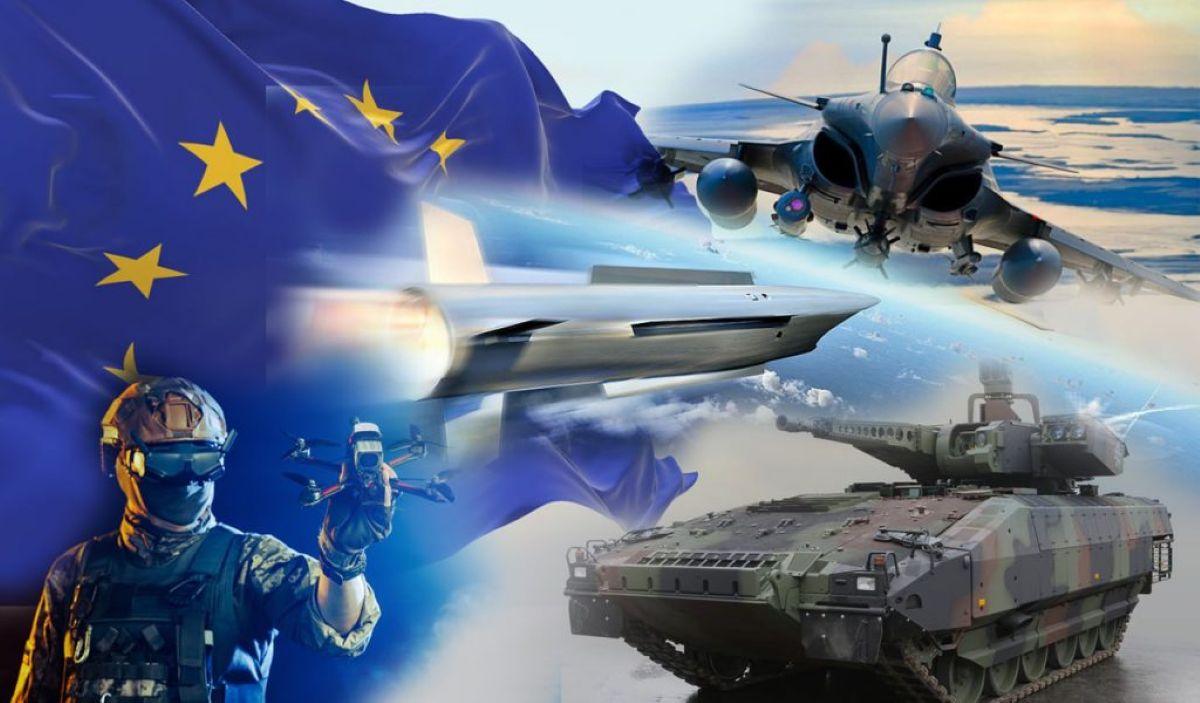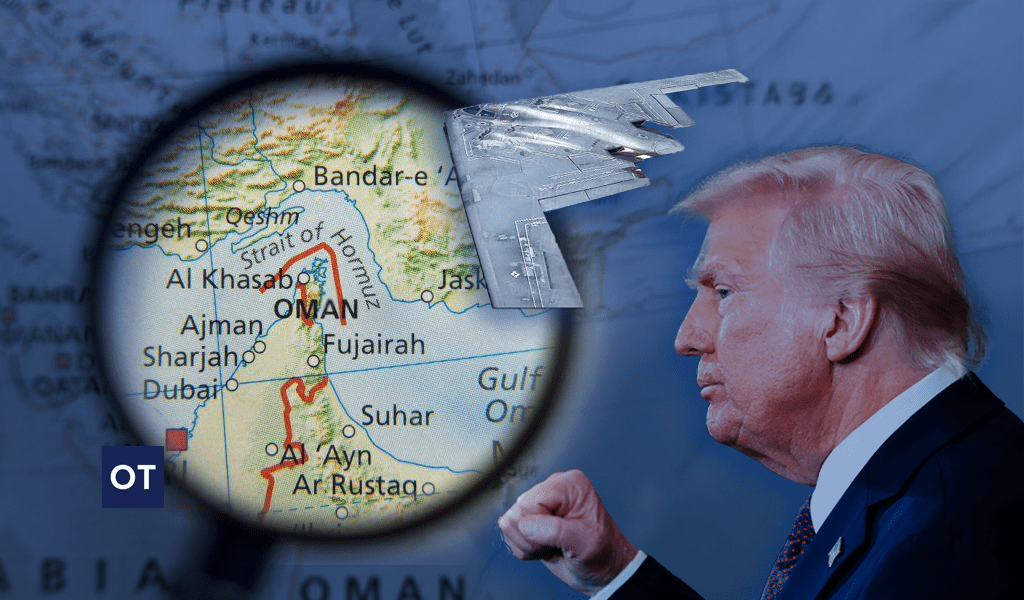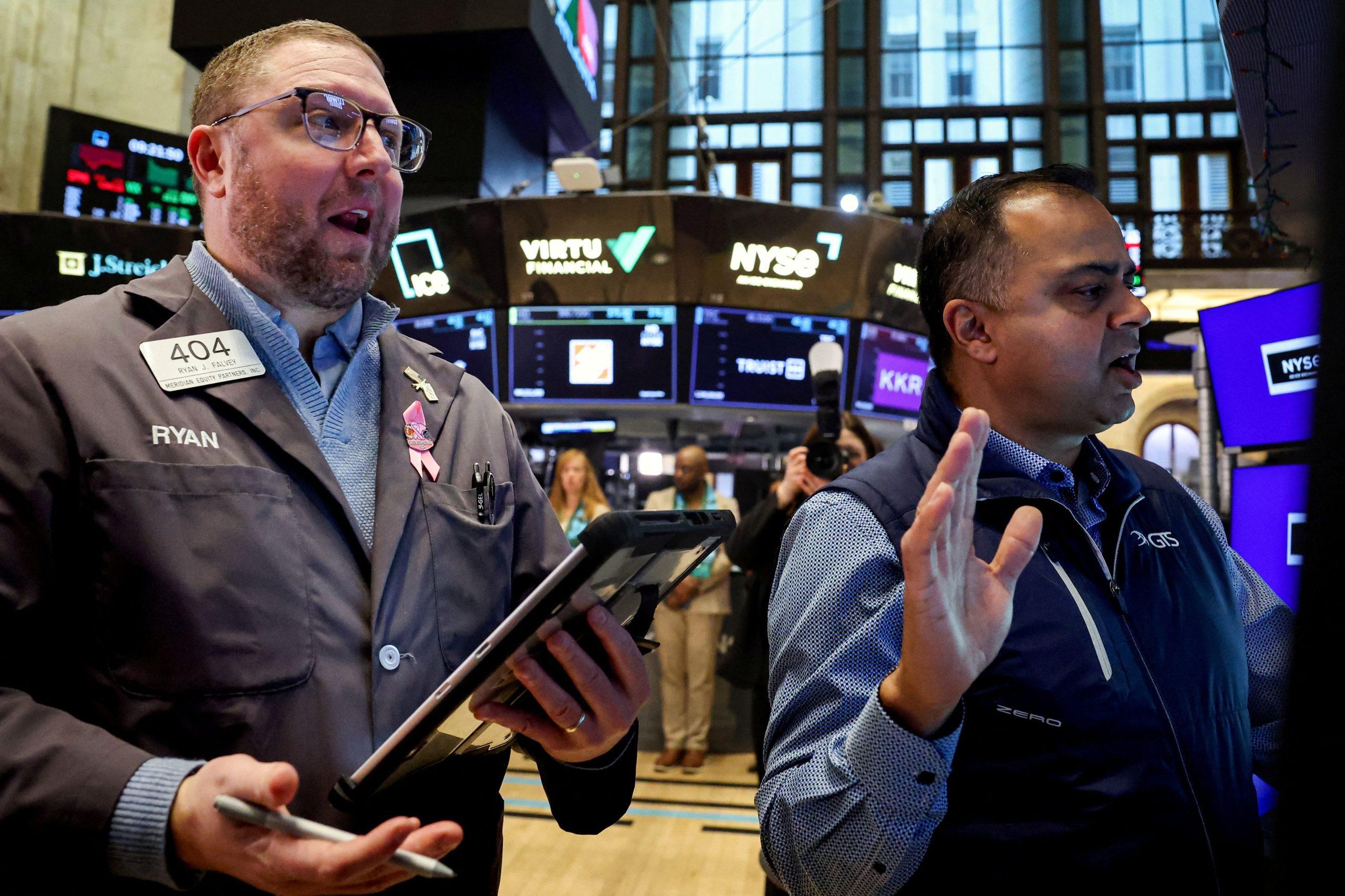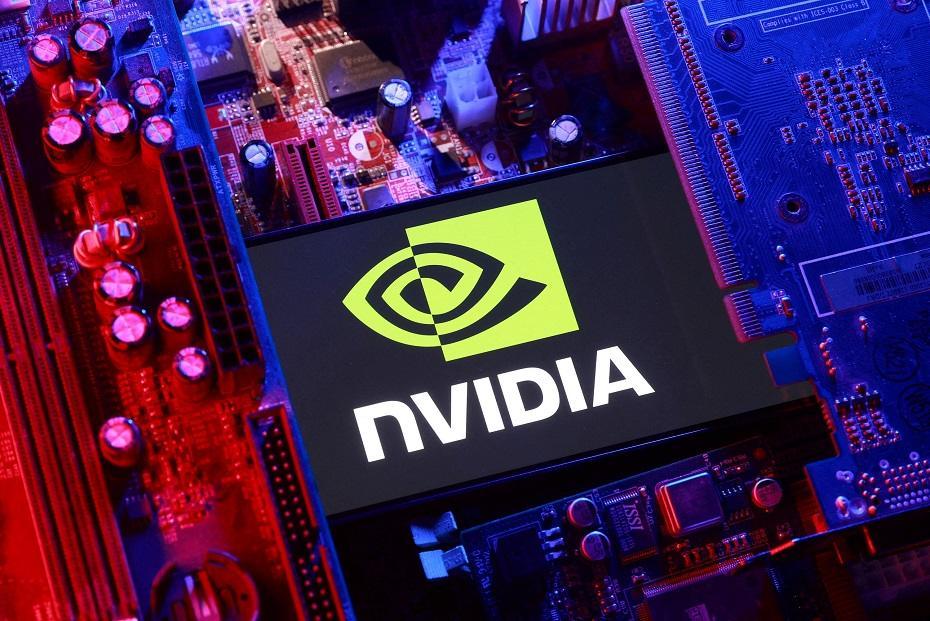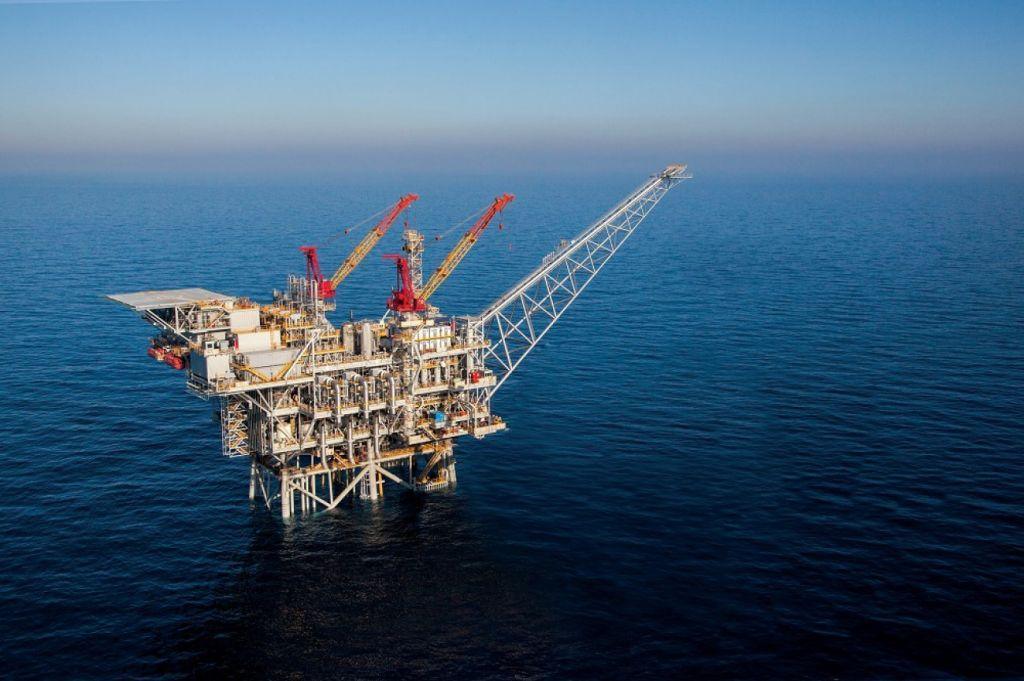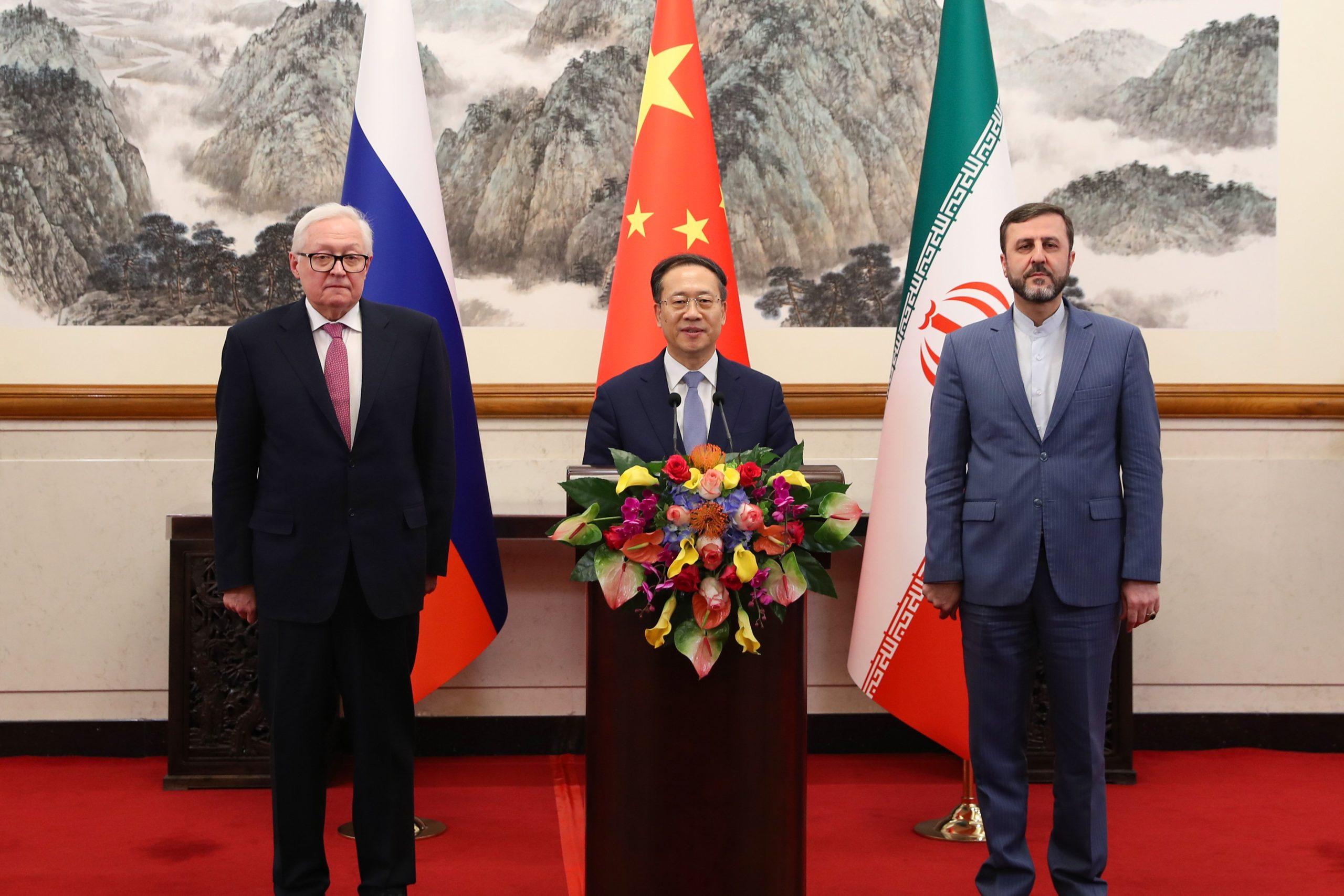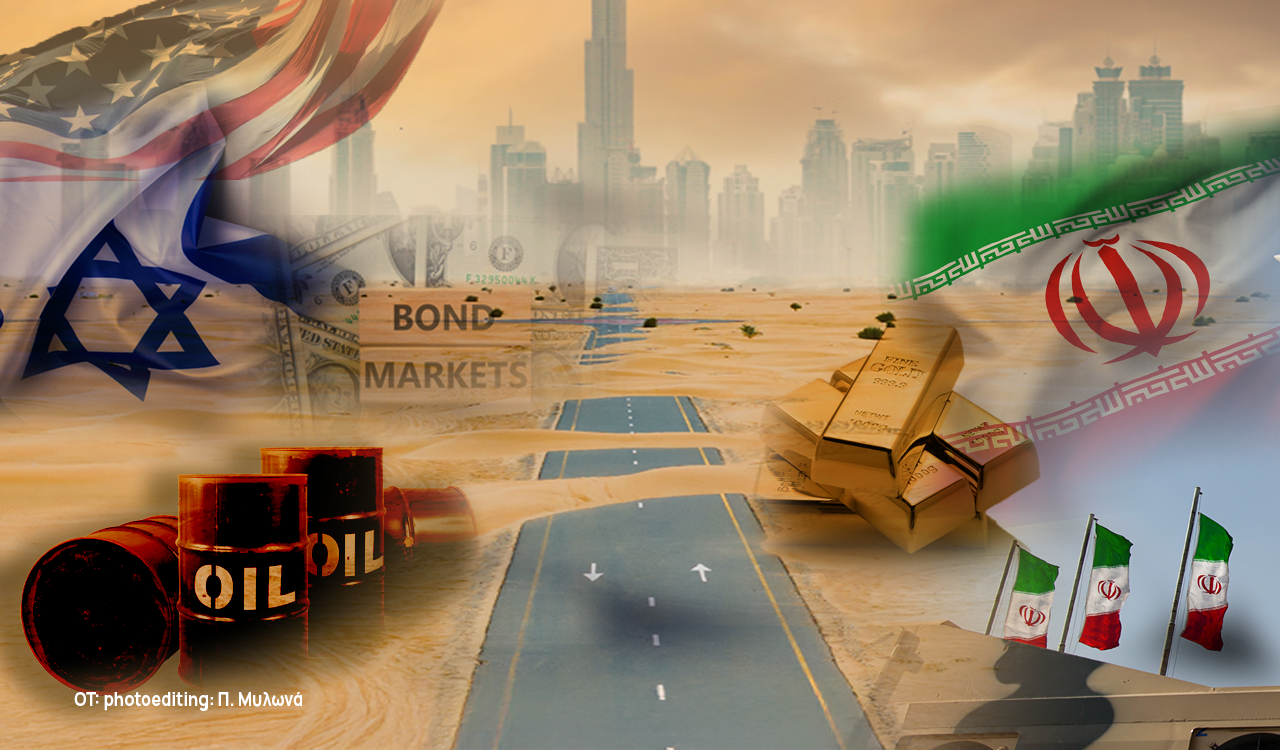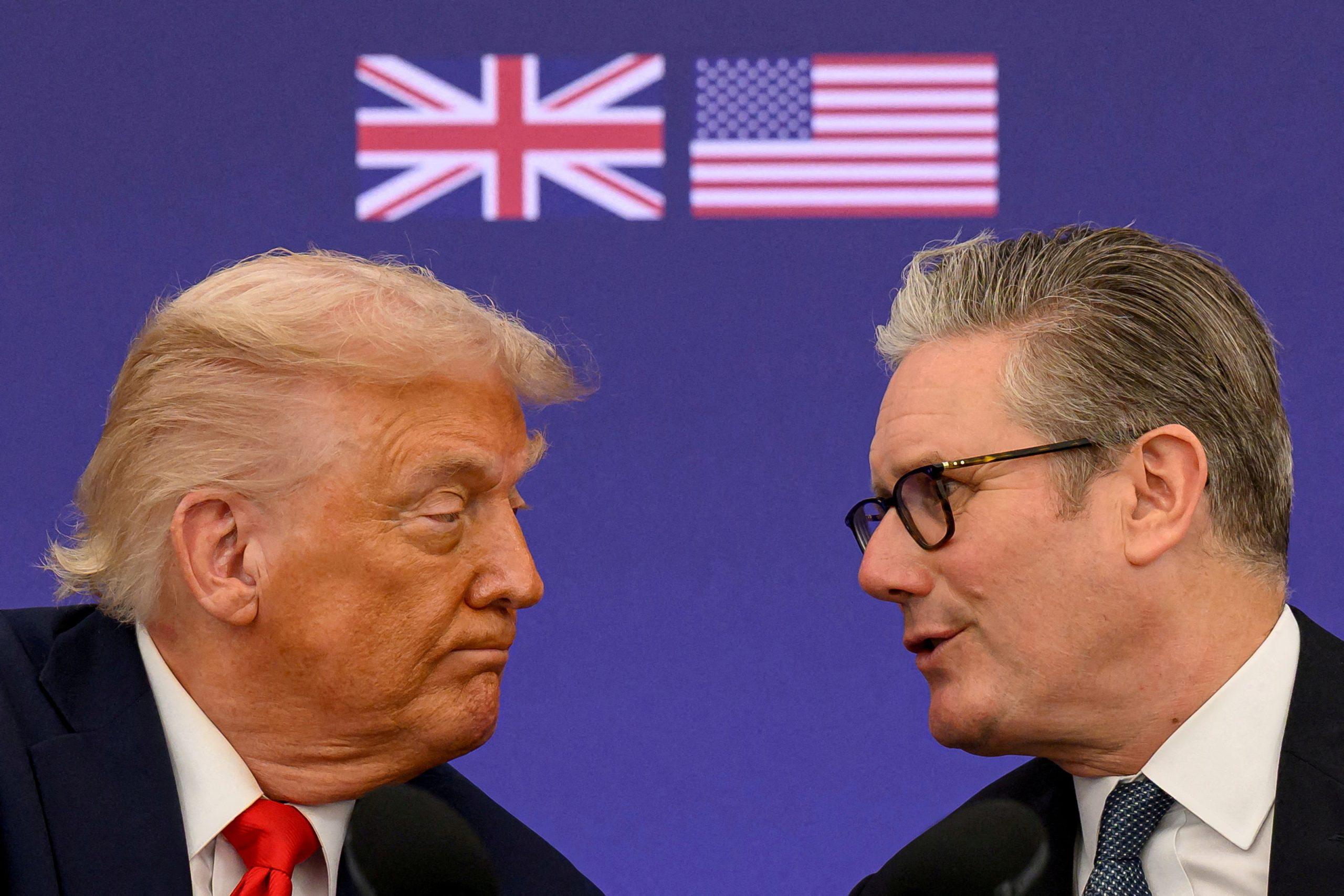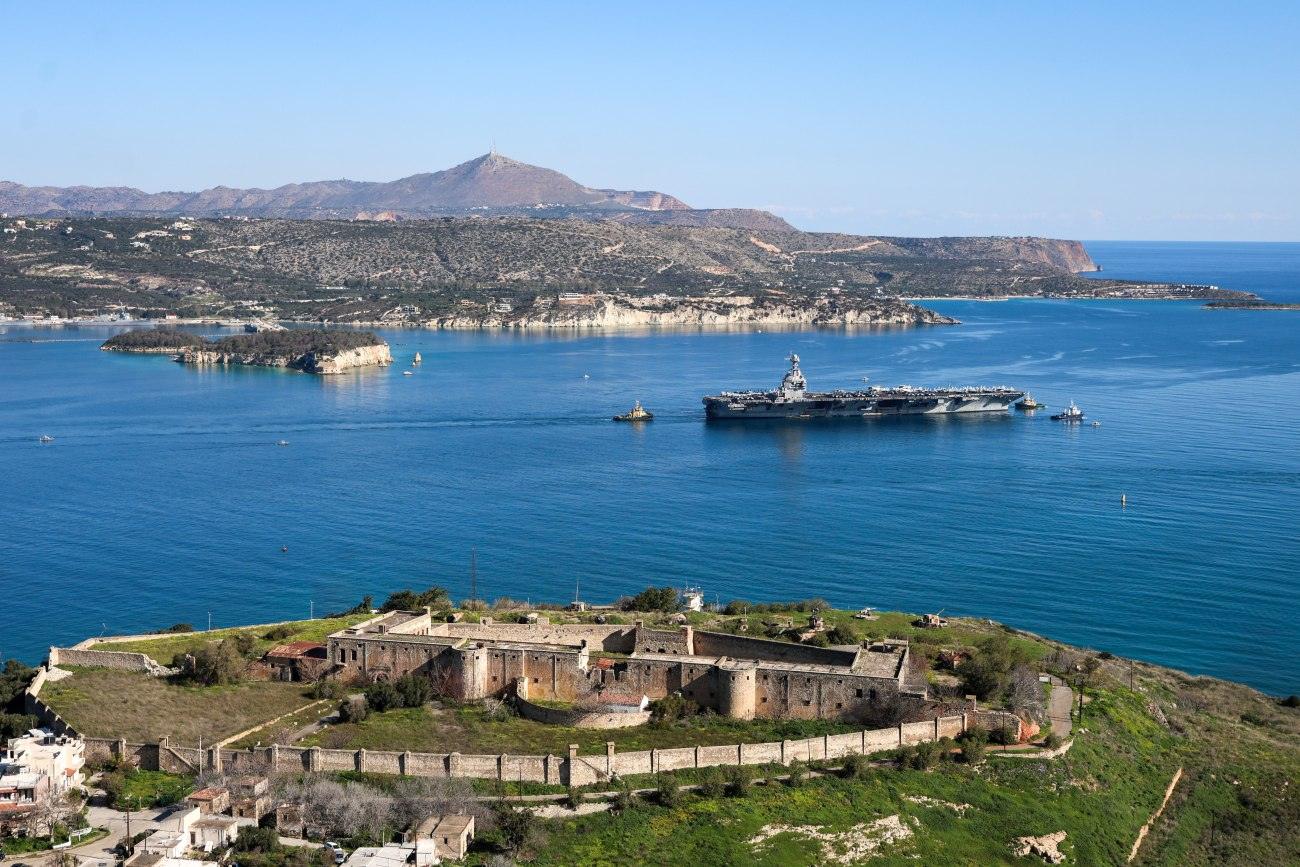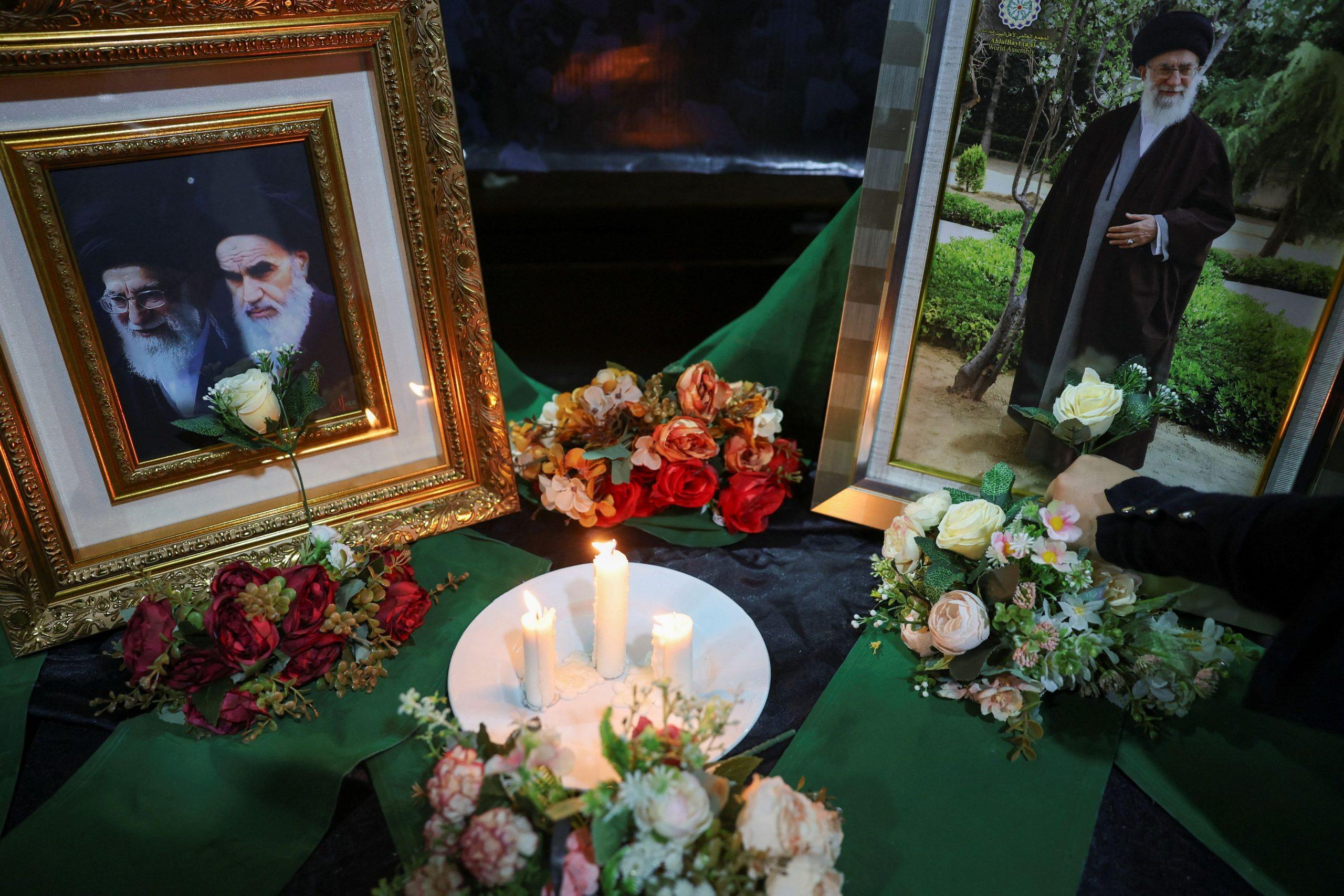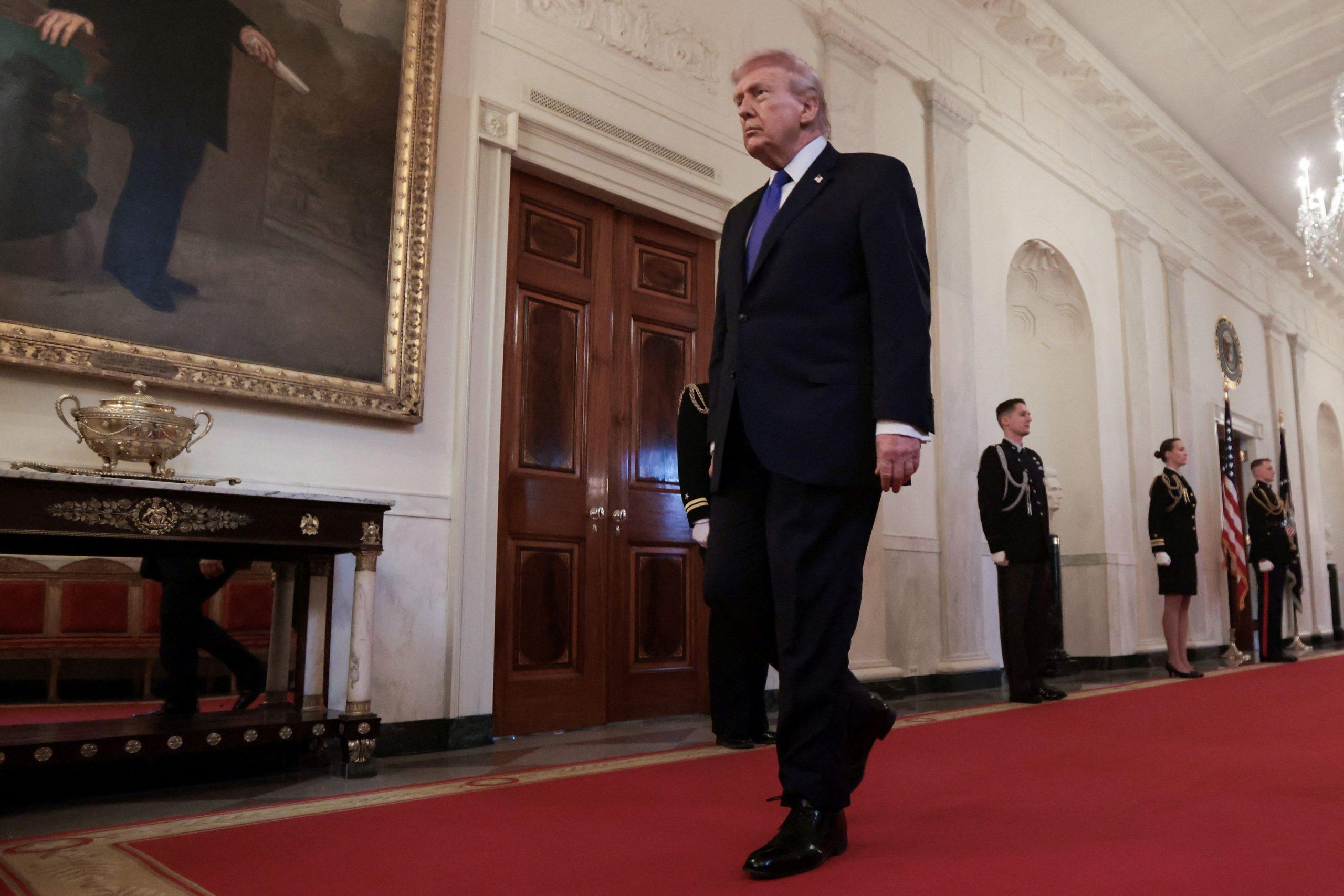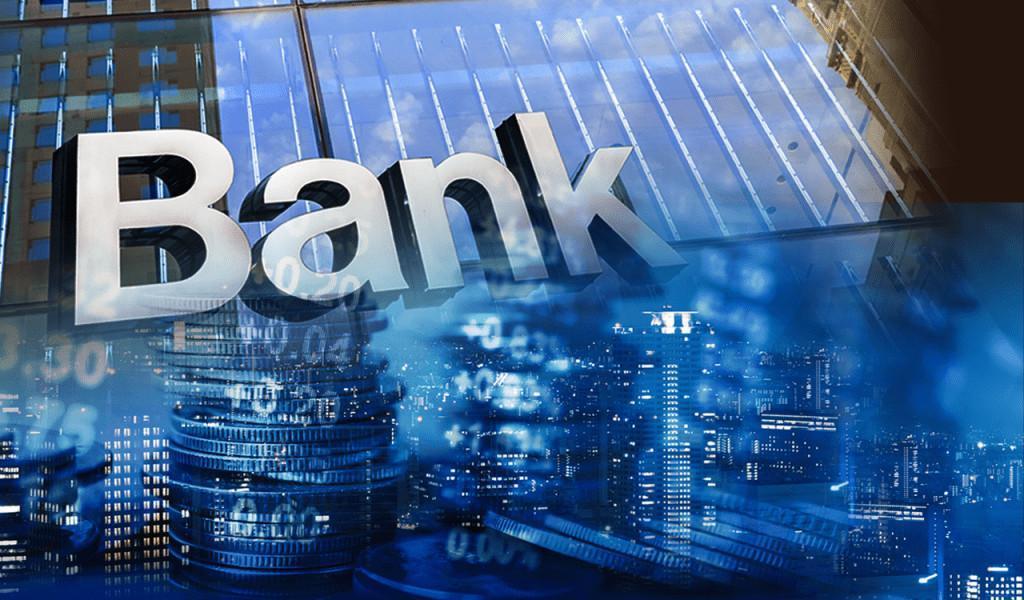In recent days and months, there has been an increasing array of peace deals brokered by US President Trump, “the President of Peace” according to the White House website. A non-exhaustive list includes deals that ended hostilities or advanced peace agreements between the Democratic Republic of the Congo (DRC) and Rwanda, India and Pakistan, Cambodia and Thailand, and Armenia and Azerbaijan.
In anticipation of the 15 August 2025 summit between Presidents Trump and Putin in Alaska, and the possible impact that might have on the Russia – Ukraine conflict, this article briefly takes a closer look at “Trumpian peace-making”, to identify pros and cons. One thing is clear from the start, namely that this is no conventional peace-making.
Perfected over the centuries, the fine art of diplomacy includes a multitude of ways for resolving conflicts by peaceful means. Beyond direct negotiations between the belligerents, third-party intervention / facilitation can take the form of “enquiry, mediation, conciliation, arbitration, judicial settlement, resort to regional agencies or arrangements, or other peaceful means”. This is a direct quote from Chapter VI, Article 33, of the United Nations Charter entitled “Pacific Settlement of Disputes”.
The above forms of third-party intervention and more, like the deployment of lightly armed military observers or international peacekeepers, have been used in the past to end or at least freeze conflicts and avoid further escalation and carnage. In most of these cases, no matter whether the external peace-maker was a broadly respected personality, a country, the UN Secretary-General (UNSG) or an envoy of his, or another intergovernmental or non-governmental actor, the solution was eventually endorsed by the UN and its Security Council, with a mechanism put in place to monitor compliance with the peace agreement, which was made public.
Not much of this seems to be happening under the novel peace-making style of President Trump and his team. We do not know much about the precise provisions of the deals recently reached under US auspices and how the parties’ compliance will be ensured. In most cases, there seems to be a commitment for long-term US public and/or private sector presence through mineral extraction, transport, network or other infrastructure deals. Is that enough for keeping the peace for the long-term? Interesting to note, in this vein, the rare earth minerals deal already signed between the US and Ukraine, ensuring US commitment to Ukraine’s security and reconstruction, and how this may find its place in the Alaska summit outcome.
Should one accept this new kind of peace-making for the apparent pacification that it achieves, or should one insist on going back to the old ways of handling conflicts? First of all, credit should be given to whom credit is due, so that Nobel Peace Prize may have a clear winner this year, Mr. Trump that is, as the leaders of Pakistan, Israel, Armenia and Azerbaijan, and others have recommended to the Norwegian Nobel Committee. Still, something feels somewhat unhinged when decisions on peace and war are determined by actions undertaken and deals brokered by one person, who partly cajoles, largely coerces, and generally flabbergasts his interlocutors. There is no clear moral code, no transparent dialectical process, no institutional checks-and-balances, and no clarity or reciprocal equity to speak of in this one-man peace-making act. It is almost a believe-and-do-not-investigate affair.
The quest for ethical governance and rule-based decision-making, including peace-making, has always been marred by inconsistencies, if not plain hypocrisy and self-serving-ness. This is especially true in international affairs, where there is no structured public opinion to impose a modicum of accountability and decency on “world leaders” gone wild. The emergence of a leader like Donald Trump and of his Trumpian deal- and peace-making approach is not unconnected to the state-of-affairs prior. More conventional leaders failed to prevent or reverse the Russian invasion of Ukraine, the out-of-hand confrontation between Israel and Hamas, the falling-apart of Sudan, or the situations in Yemen, the DRC and beyond. In fact, previous US and other Western leaders professing a liberal and peace-loving agenda made a mess of places like Iraq, Libya and Afghanistan, through their self-righteous and poorly thought-through interventions.
Moreover, institutions that could claim the actual or moral authority to advance solutions, at the global level primarily the UN and its Security Council, have been increasingly discredited in recent years. This is not least due to the unilateral actions of the few privileged countries that hold the veto privilege – Russia and the US being the most eager veto users among them. In this light, and in view of the Europeans’ continued diplomatic and security dependence on the US, the limited immediate impact of initiatives undertaken by emerging “middle powers” like South Africa and Brazil, China’s hands-off attitude, and the UN Secretary-General’s inability to move from appeals to actual interventions, Mr. Trump may be the only active peace-maker who deserves being given a chance. Caution is due, though, to ensure return to broadly shared peace initiatives, established international norms, transparency and institutional legitimacy, before the ugly aspects of any prolonged one-man-show start to become evident.
